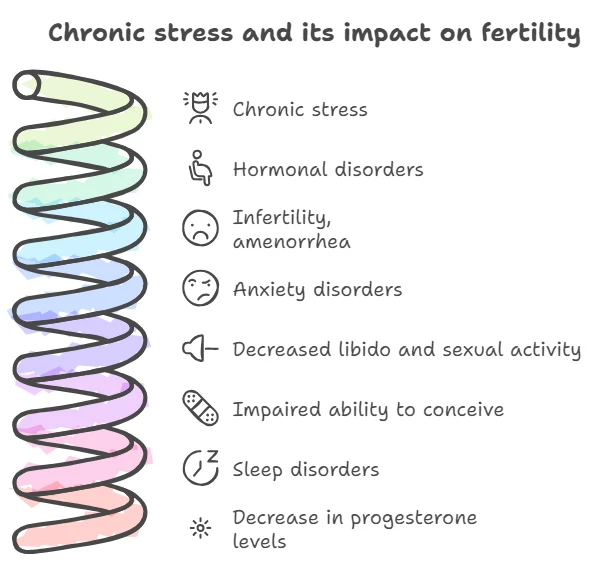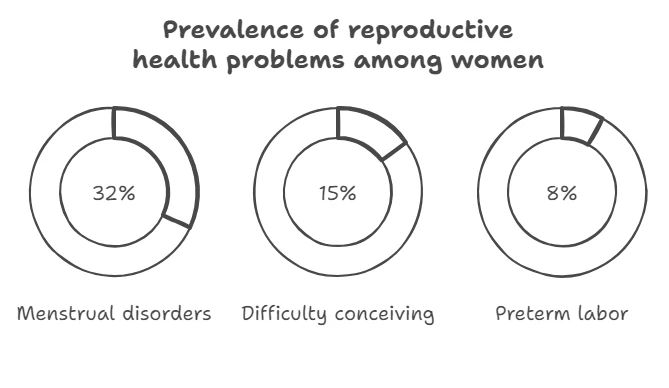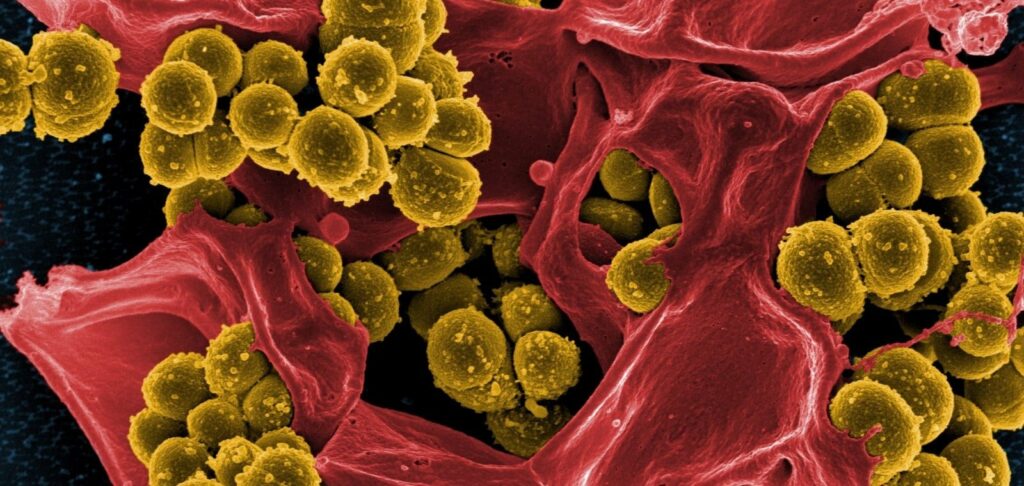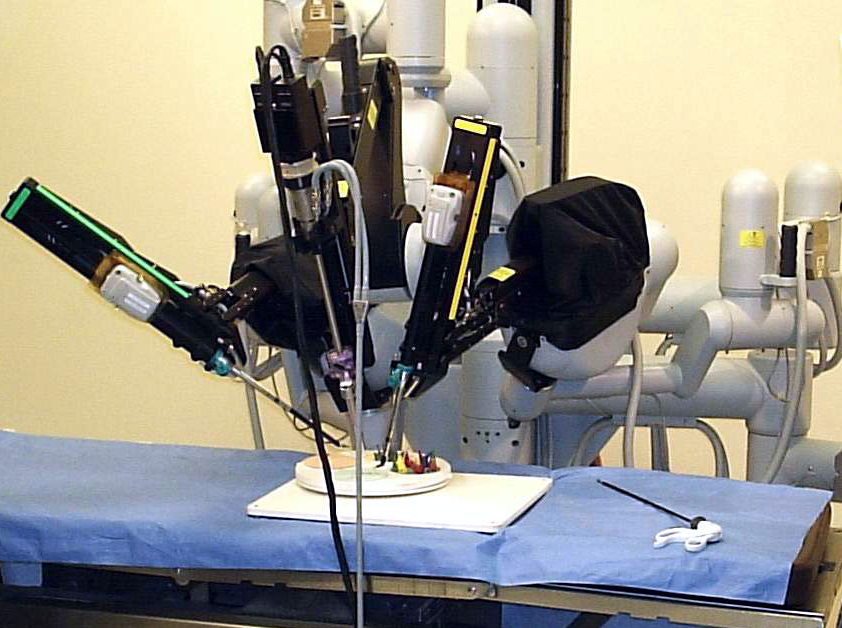

War has a devastating impact on all aspects of life, and one of the main challenges for the health system is to support women, whose reproductive health is particularly vulnerable under such conditions.

Military action disrupts access to health services, increases stress and post-traumatic stress disorder, which can seriously affect women’s ability to become pregnant, carry and give birth to a healthy child.
The purpose of this article is to examine how health services and support for women can be improved to mitigate the impact of these factors on their reproductive health.

Problems faced by women
In times of war, access to health care is often limited or completely absent.
This is especially true for women who need specialized gynecological care or reproductive counseling.
Stress caused by war conditions leads to hormonal disruptions, menstrual ir regularities and, ultimately, can have a negative impact on fertility.
One woman in this situation shares her experiences:
“After the evacuation from eastern Ukraine, I was unable to see a doctor for several months. My cycle was disrupted, and the constant feeling of fear only worsened my condition. I didn’t know if I would be able to have children in the future.

The impact of stress and PTSD on reproductive health
Research shows that chronic stress is one of the key factors affecting a woman’s reproductive system.
Post-traumatic stress dis order (PTSD), which often develops in women who have experienced war, can cause long-term disruption to the endocrine system, leading to reduced chances of successful conception.

Table 1. Impact of PTSD on women’s reproductive health
| Factor | Influence | Possible consequences |
|---|---|---|
| Chronic stress | Hormonal disorder | Infertility, amenorrhea |
| Anxiety disorders | Decreased libido and sexual activity | Impaired ability to conceive |
| Sleep disorders | Decreased progesterone levels | Impeded embryo implantation |
Access to health services
War disrupts access to quality health services, which has a direct impact on women’s health.
According to studies conducted by the World Health Organization (WHO), women in conflict zones face reduced access to contraception, termination of pregnancy, and care for obstructed labour.
This creates additional reproductive health risks and may contribute to an increase in unintended pregnancies and neonatal mortality.

Dr. Olga Stepanenko, a gynecologist and reproductologist, notes:
“Women in war conditions need special attention and support. We see cases of early labor, miscarriages and other complications caused by stress and limited access to medical services. It is very important to organize mobile medical teams to help such patients.”

Research and statistics
A study conducted at medical centers in Ukraine in 2023 found that more than 30% of women in war zones experience problems with their menstrual cycle, and 15% have difficulty conceiving.
These data confirm that the impact of war on reproductive health is a serious problem.

Table 2. Statistics on reproductive disorders among women in war zones
| Type of violation | Percentage of women affected (%) |
|---|---|
| Menstrual disorders | 32% |
| Difficulty conceiving | 15% |
| Preterm labor | 8% |

Conclusion and recommendations
Protecting women’s reproductive health in war requires special attention from health care and society. To mitigate the negative impact of stress and limited access to medical care, it is necessary to:
- Organize mobile medical teams to provide gynecological services in conflict zones.
- Provide psychological support for women affected by stress and PTSD, with a focus on restoring reproductive health.
- Increase the availability of contraception and family planning during wartime.
- Provide education to inform women about ways to take care of their health and reduce the effects of stress.
- Strengthen research and data collection to better understand the problem and develop effective solutions.
Supporting women during this challenging period will help improve their health and well-being and strengthen the future generation.



